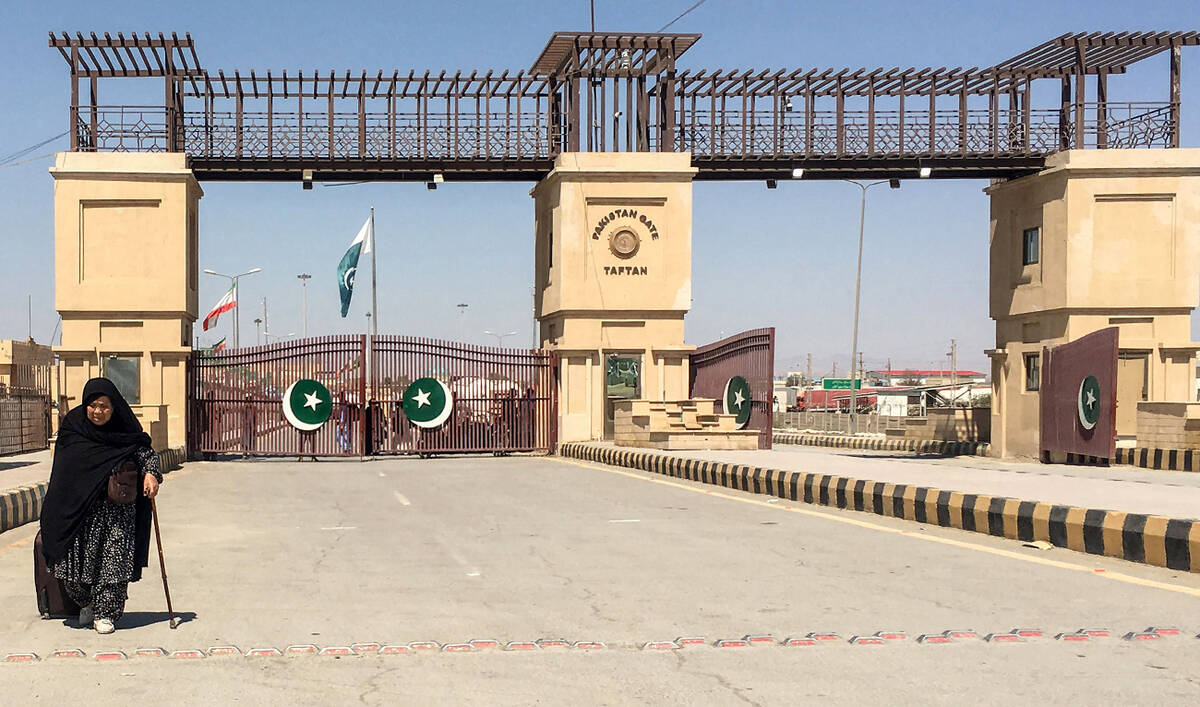ISLAMABAD: A special PIA flight carrying 107 Pakistanis who had been stranded in Iran landed in Islamabad early Wednesday, the national carrier said, after regional airspace disruptions forced days-long travel delays and overland detours.
Flight PK-9552, arranged under government instructions, departed from the Turkmen capital of Ashgabat and arrived at Islamabad International Airport at 3am, PIA said in a statement.
The passengers had crossed into Turkmenistan by road after being unable to depart directly from Iran due to ongoing airspace restrictions following the start of a war between longtime Middle Eastern enemies Israel and Iran, since Friday. The two rivals launched new missile strikes at each other on Wednesday as the air war between them entered a sixth day despite a call from US President Donald Trump for Tehranâs unconditional surrender.
âDue to the closure of Iranian airspace, Pakistani nationals in Iran had to reach Turkmenistan through ground routes,â PIA said, adding that the repatriation was coordinated by Pakistanâs embassies in Tehran and Ashgabat.
âOur missions in Iran and Turkmenistan played a key role in facilitating this process,â PIA added.
Passengers stranded in Iran were mostly short-term visitors, religious pilgrims and workers caught in the fallout of recent regional hostilities.Â
Iranian airspace was shut to commercial traffic last week amid rising military tensions, following Israeli airstrikes on Iran and heightened fears of a wider conflict. Several international carriers, including PIA, suspended or rerouted flights passing through Iranian airspace. Pakistani citizens thus found themselves unable to return home through normal flight routes.

An elderly Pakistani pilgrim who has been evacuated from Iran walks at the Pakistan-Iran border in Taftan on June 17, 2025. (AFP)
A PIA spokesperson said the national carrier took action âin continuation of its decades-long tradition of serving national interest in difficult times.â
Pakistan also repatriated 268 nationals from Iraq via two flights on Monday and 450 nationals from Iran on Sunday.Â
Pakistan has condemned Israelâs strikes, calling them an unjustified violation of Iranian sovereignty, and has urged the international community to help de-escalate tensions through dialogue.
While no official figures have been released on how many Pakistanis remain in Iran, foreign ministry officials have confirmed that further evacuations would be arranged if the situation worsens. The foreign ministry has also said diplomatic missions were âin close contact with local authoritiesâ to ensure the safety of all nationals.
Separately, a senior foreign office official said on Monday Pakistan had started evacuating families of its diplomats and staff as well as members of some non-essential staff from Iran.
âThe foreign ministry is moving out families of diplomats and staff and some non-essential staff from Iran,â a foreign office official said in a statement.
âHowever Pakistan embassy in Tehran and our consulates will continue to remain functional.â















